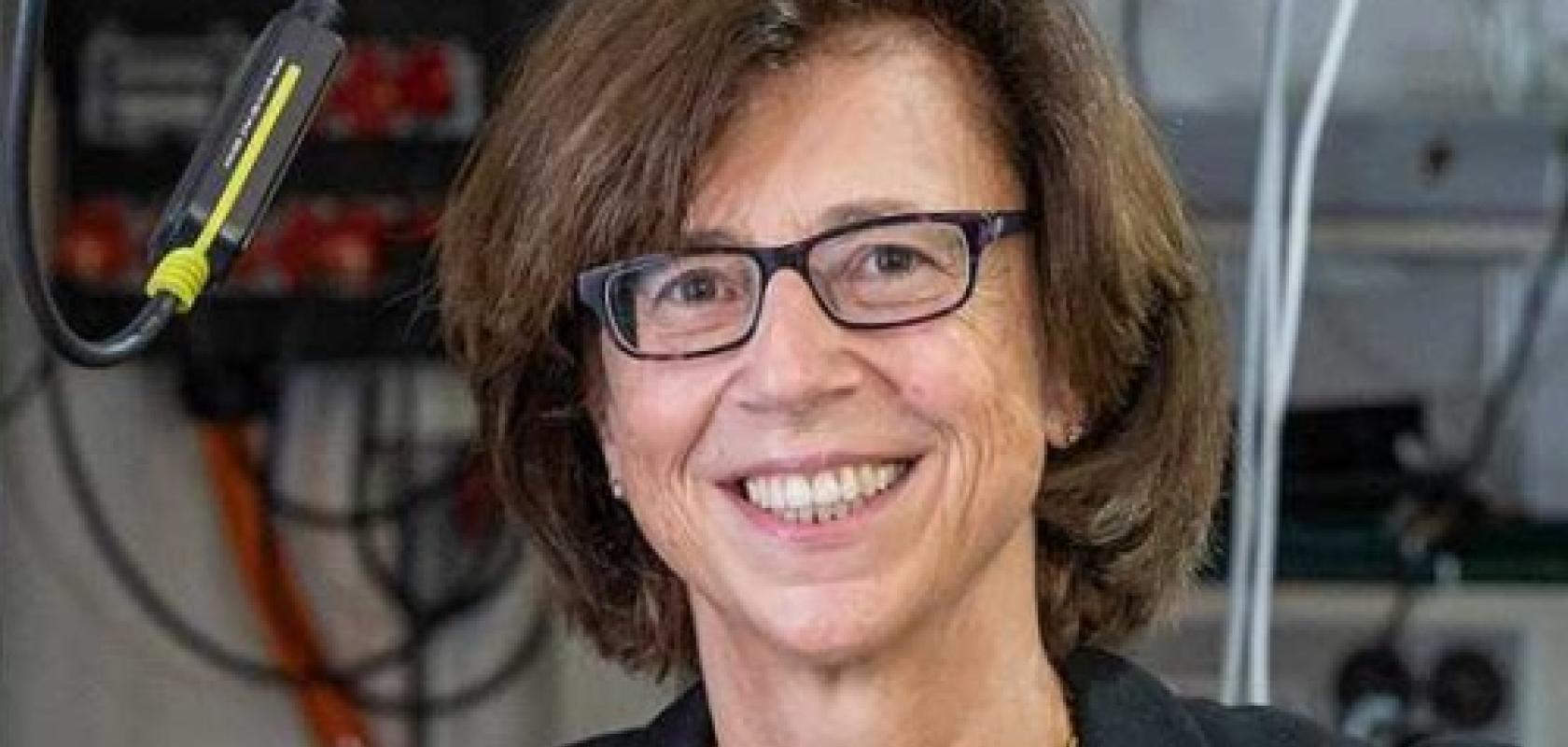Keller is a pioneer in ultrafast laser science. On 3 November 2022, she was presented with the Swiss Science Prize Marcel Benoist (dubbed the ‘Swiss Nobel Prize’) for repeatedly testing the boundaries of ultrafast laser physics.
The next exciting thing in ultrafast, Keller notes, is attosecond science – notably its potential to address many open questions in time-resolved quantum mechanics, and in energy and charge transfer mechanisms using time-resolved core-level spectroscopy. “Afterall, femtosecond spectroscopy helped to improve optoelectronic devices used today” she says. “Frequency combs open up many orders of magnitude improvements in frequency metrology and ultrafast pump-probe measurements using dual-comb techniques.”
Photonics acts as a key enabling tool here to help answer fundamental questions such as: Are our natural constants really constant over a measurable time duration? Can we find other planets that would enable life as we know it here on earth? Can gravitational wave detectors unravel the dark matter puzzle?
A challenge standing in the way, Keller highlights, is that the competition for the required resources for world-leading research is becoming harder – which will make long-term research efforts more difficult. “The community is under increased pressure to hype up their research results and topics. Glossy journals are a real problem. Proper peer review is very time consuming, currently approaching its limits and we need to find a better solution,” she says. “In the end, research is based on dedicated work. Major breakthroughs are very often not predictable, require the best people with a diverse background and should support visions and goals over a longer time period with some measurable results.”
The best decision Keller made that benefited her career was to leave Switzerland for the US to broaden her horizons. “I learned from many excellent scientists and leaders in my field who also supported me,” she says. These included Professor Fritz Kneubühl, who helped her get a place at Heriot Watt University, which allowed her to learn English and gain a background in optical computers before studying for her PhD in the US; Professor Geraldine Kenney-Wallace, who made sure that she joined the group of Professor David M Bloom at Stanford, who ended up being a brilliant fit; David Auston, who gave her a summer student job at Bell Labs, “even though I was a foreigner,” Keller says; Chuck Shank and Richard Freeman, who both offered her an independent MTS position at Bell Labs straight after her PhD at Stanford; Professor Hans Melchior, Fritz Kneubühl and Maurice Rice, who recruited her to become a professor at ETH Zurich; and “all the women in the national demonstration for women’s rights in Switzerland in 1991, who asked for more women professors at Swiss Universities and therefore empowered me with a direct hire into a tenured professor position.”
Another important element to her success was that she and her husband fully supported each other for a dual career approach and that her two boys “accepted our lifestyle even though it was not mainstream in Switzerland” she notes.
Keller’s greatest personal challenge she has faced in her career so far is navigating a difficult work culture - which she strives to keep improving for existing and future women in the field. “I am fortunate, and grateful, that I was empowered with a tenured professorship, even though it was often not easy,” Keller says. “When I was young, I was convinced that there will be no discrimination and all I have to do is good work. Over time, I had to change my mind.” It was the 1999 MIT report [outlining the gender inequity faced by women faculty in the School of Science] that kept her going. Keller is still concerned by the challenges women face in science today. “This all motivates me to put in my share of efforts to leave the place better than I found it. After all, without the efforts of many pioneering women before me, I never would have been able to become a tenured professor at ETH.”
You can hear more from Keller at www.ulp.ethz.ch/news, and can connect on Twitter (@UrsiKeller) and LinkedIn (linkedin.com/in/ursula-keller-b4b362ab).
You also catch her at various conferences throughout 2023, not least of all Photonics West, CLEO in the US and Europe, Ultrafast Optics, and Photonics North.
Organisation: ETH Zurich
Role: Full professor in physics
Based in: Zürich, Switzerland
Education:
-
1989: Ph.D. in Applied Physics, Stanford University, USA
-
1987: M.S. degree in Applied Physics, Stanford University, USA
-
1984: Diplom degree in Physics, ETH Zurich, Switzerland (top-ranked exams)


